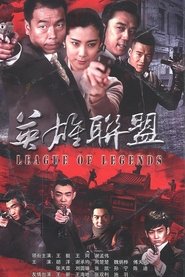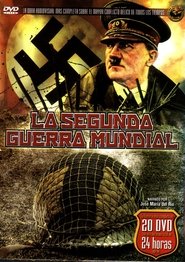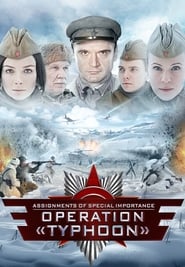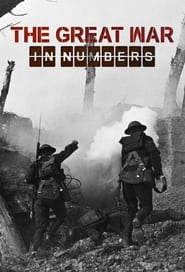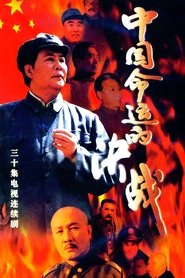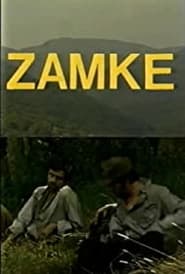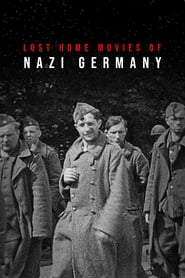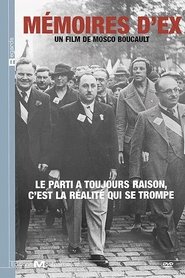War Politics TV Series - Page 91
-
Blade of Faith
2025
Blade of Faith
2025
In 1937 Tianjin, after the city falls under occupation, Ye Qingxuan joins the Anti-Traitor Resistance Group to avenge his mentor. Together, they eliminate collaborators, uncover Japanese spy schemes, and fight to sabotage enemy operations in a thrilling tale of courage and resistance. -
英雄联盟
2013
-
The Second World War
2003
The Second World War
2003
star 7.2The biggest audiovisual work in Spanish over the biggest armed conflict of all time. -
Assignments of Special Importance
2013
star 1A group of Soviet spies performs missions of special importance during World War II. -
The Alien Years
1988
The Alien Years
1988
star 9The Alien Years is a three-part miniseries that first aired on the Australian Broadcasting Corporation on 19 April 1988. It was directed by Donald Crombie and written by Peter Yeldham. It stars Victoria Longley, John Hargreaves and Academy Award-winner, Christoph Waltz. Yeldham later adapted his screenplay into a novel of the same name. -
Geheime Spuren
1969
Geheime Spuren
1969
Three members of the National Committee Free Germany form a secret commando that comes to Berlin from Minsk to take up the fight against the SS in the last days before the end of the war. -
Urda: The Third Reich
2002
star 3Urda: The Third Reich is an original net animation written and directed by Romanov Higa. The story takes place circa 1943, during World War II. Facing a losing war, the Nazi Party discovers a marooned spaceship capable of time travel, thus enabling them to alter the outcome of their fate. Enter Erna Kurtz, a newly hired spy who stumbles upon the Nazis' plot. With the help of her fearless friend Janet, Erna must face her past in order to secure her future. -
Manto Mavrogenous
1983
-
Mafias and Banks
2023
Mafias and Banks
2023
star 6.5How, from the 1920s to the present day, financial power has gradually strengthened a hidden alliance with criminal organizations around the world. -
По следу зверя
2025
-
The Great War in Numbers
2017
star 7.7The Great War in Numbers tells the complete story of World War I - from outbreak to conclusion - and the fragile peace that followed. It was a war unlike any other before it, with a number of firsts along the way. Seventy-milliion men were mobilised to fight around the world, from the trenches of the Western Front to the Middle East and Africa. -
Parola (su una data)
2003
Parola (su una data)
2003
-
中国命运的决战
1999
中国命运的决战
1999
-
Traps
0000
Traps
0000
The series follows the capture of the inserted Ustashas during Operation Guardian in 1947-1948. -
The Dawn of War The Early Battles of WWII
2010
The Dawn of War The Early Battles of WWII takes viewers to the front lines of the European, the Pacific and the African theatres of the deadliest conflict in human history. Entire hours are devoted to the rise of the Axis powers, the horrific battle over Stalingrad, the diplomatic pleas and military ambushes that would unite the Allies and much more. This compelling 11-part series chronicles the first half of this global military conflict in a masterfully scripted presentation filled with rare and authentic archive footage produced by internationally acclaimed documentarian, Pacific Media. Featuring rare and never-before-seen footage from the most important early battles of WWII including: Battle of Britain Pearl Harbor Stalingrad El Alamein and much, much more! -
Lost Home Movies of Nazi Germany
2019
star 6.7A candid look at what life was really like for those living in, and under Hitler's Swastika - at home - and abroad, a record not only of what they saw, but of what they knew. -
Mémoires d'ex
1991
Mémoires d'ex
1991

